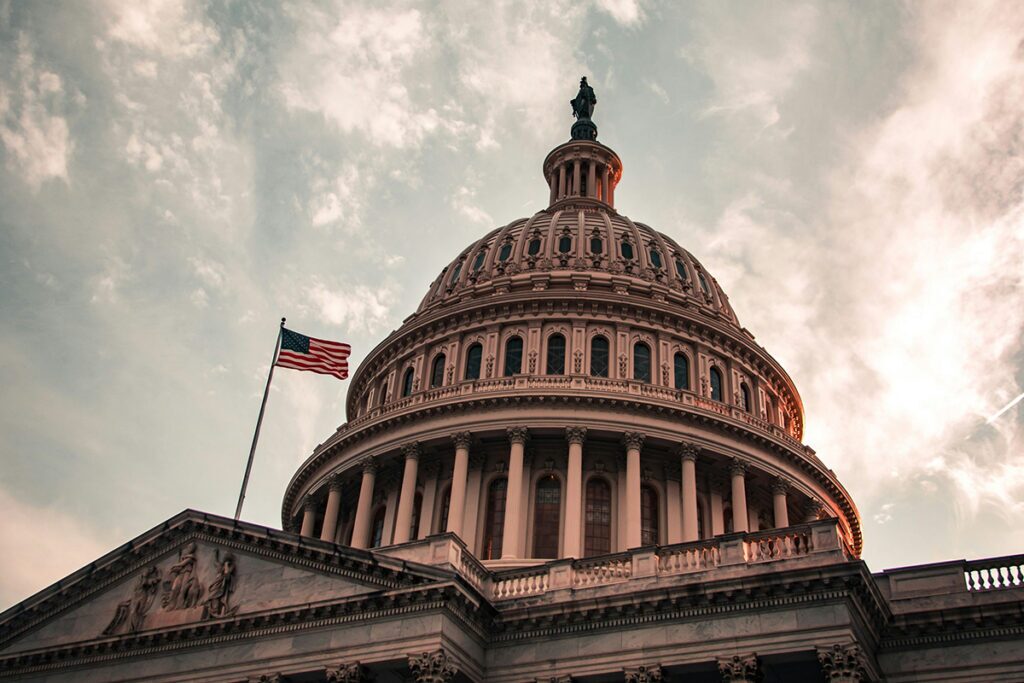More than a year ago, I wrote about “The good, the bad, and the ugly” in Labour’s first Budget. Today, I can offer you the sequel!
One piece of good news:
The Office For Budget Responsibility (OBR) report, leaked early today, paints a mixed but somewhat encouraging picture of the Labour Budget in terms of government finances. The fiscal buffer is larger than expected even though real economic growth and productivity have been revised down slightly.
So where is the higher tax revenue coming from? Well, a larger than anticipated increase in nominal growth is pushing up future tax receipts. While the economy is not expanding as quickly in volume terms (i.e., producing more stuff), the Treasury benefits from the increase in nominal earnings and inflation — meaning more workers will be pulled into higher tax brackets.
But in terms of policies implemented, I’m not exactly impressed!
It is now widely acknowledged that the combination of the increase in the National Insurance Contribution on the employer’s side together with the minimum wage hike one year ago dealt a massive blow to the business sector. These policies contributed to the loss of about 180,000 payroll jobs since last year, with retail and hospitality being affected the most.
Unfortunately, Labour has decided to come back for more: some decisions taken today will continue to hurt the labor market — especially the employment prospects of younger people.
The bad: The pension squeeze — coming to you in 2029
For one, it is widely acknowledged that most people don’t save enough for retirement. Discouraging pension savings is just a pretty bad policy in its own right. The imposition of National Insurance Contribution on salary sacrifice does more than that, though. The blow to workers is actually not that bad: an employee earning £125,000 and putting £25,000 into their retirement pot (to avoid the 62% marginal tax trap) would only pay an additional £460 pounds in taxes (0.02*£23,000 since £2,000 are exempt).
Their employer, on the hand, would have to dish out an additional £3,450 in taxes. Even though Labour promised that businesses would not be hit, this is another tax hike for the corporate sector. Moreover, the tax is skewed towards employers with more high-income earners in tech, finance, pharmaceuticals, and professional business services. It doesn’t strike me as a good idea to hit the most productive industries the hardest.
But that’s not all. Big corporations with very large workforces will also suffer, including utilities or even retail (Tesco alone employs some 300,000 workers in the U.K.).
The changes to salary sacrifice are a payroll tax but not in name — exactly what business leaders implored the government not to do after last year’s 20 billion tax hike on the business sector, which caused big job losses.
Fortunately, businesses have until 2029 to prepare for the squeeze. Some companies will surely respond by lowering the pension contribution of future hires.
The “not so bad”:
Fiscal drag: The tax thresholds are now frozen until 2031, meaning that way more people will be liable for the higher rate (above £50,270) or even additional rate (above £125k) in the future. While not great for workers, it’s pretty much unavoidable to repair the public finances.
I know Brits don’t want to hear it, but the truth is that the UK has one of the most progressive tax systems in the world. Low-income workers pay less tax than in the U.S. while enjoying a European-style welfare system — a situation that is clearly untenable in the long-run. Meanwhile, high-income earners pay a disproportionate amount: the top 10% pay 60% of all income tax.
The bigger problem is that yet another government is dragging their feet when it comes to the excessive marginal tax rates — 62% and above — that certain employees face when hitting certain income thresholds (at £100k but often also at lower thresholds, depending on personal circumstance). As I’ve explained before, this disincentives work, reduces labor supply and therefore kills economic growth — which is the absolute last thing that anybody in this country should wish for!
Abolishing the two-child limit on benefits: Probably one of the best measures addressing childhood poverty. However, it blows yet another hole in the UK’s fiscal position.
Pension: State pension increases by 4.8% in line with the triple lock. Fine, but who is paying for this in the long run? The policy is clearly unsustainable.
Various other measures: Labour also introduced a set of smaller tax and spending measures, summarized here. The most important include the new “mansion tax,” which adds an annual surcharge on properties above £2 million (£2,500–£7,500), partly addressing long-standing council tax imbalances but risking further distortions in the housing market. Duties on online betting will rise, and the VAT exemption under the Motability scheme is being curtailed. The government is also temporarily lowering household costs by reducing energy bills and freezing fuel duty and rail fares — policies that the OBR expects will shave about 0.4 percentage points off CPI in 2026. They might help the BoE implement one more rate cut next year, but don’t count on it. The gains are short-lived and come at the cost of higher public spending.
The ugly: Yet another minimum wage hike
While economists agree that moderate minimum wages are probably ok, there are other policies better suited to help low-income workers. And excessive minimum wages are outright harmful. Not all employers respond by cutting jobs. Some will reduce hiring or reduce working hours. Others might respond by cutting benefits, shifting employment from stable to flexible employment contracts (zero-hour contracts), making workplaces more unsafe, cutting investment, and passing on the surge in employment costs to consumers.
The U.K.’s minimum wage is already one of the highest in the world — now expected to reach 67% of median earnings — as Labour decided to increase the minimum wage yet again: by 8.5% for those under 21 years old and by 4.5% for everyone older.

Close to a million younger people in the U.K. are NEET (not in employment, education or training). That number is surely going to rise now as employers respond to excessive wage inflation.

Even worse, the policy also affects the inflation outlook (inflation still stands above 3.5%). As employers respond by increasing prices, the Bank of England will keep interests rates higher than they would otherwise be. This will weigh on economic growth and kill even more jobs. The minimum wage policy is therefore a double whammy for the economy.
What’s the long-run fiscal outlook?
Well, slightly better than expected but still not great! The U.K.’s debt-to-GDP ratio is close to 100% and interest rates are high. About £100 billion are being spent now to service that debt on an annual basis — roughly twice as much as before the pandemic.

Not increasing the basic tax rate — making most earners pay a little more to maintain public services without burdening future generations — is probably THE BIGGEST mistake that this government has made.
Yes, it would have cost them some political capital because not raising taxes was part of their manifesto. But from an economic point of view, it would have been a better solution than relying on an assortment of tax hikes here and there.
While slightly higher income taxes shrink everybody’s wallet a little, temporarily weighing on consumption, it would have allowed the BoE to cut rates faster. The economic fallout probably would have been minor while putting the country on much better fiscal footing.
Now, we must be afraid that today’s measures won’t be enough if the economy is hit by yet another big shock!
What does that mean for recruiters?
For recruiters, this Budget means slower hiring, tighter headcount budgets, and more caution from employers, especially in retail, hospitality, and sectors facing the higher minimum wage.
While the payroll-tax hit from pension salary sacrifice won’t arrive until 2029, it’s plausible that major employers will begin adjusting long-term workforce plans right now. It’s not an immediate hiring freeze trigger but adds to the broader environment of cost pressure and caution that is plaguing the U.K. labor market.







